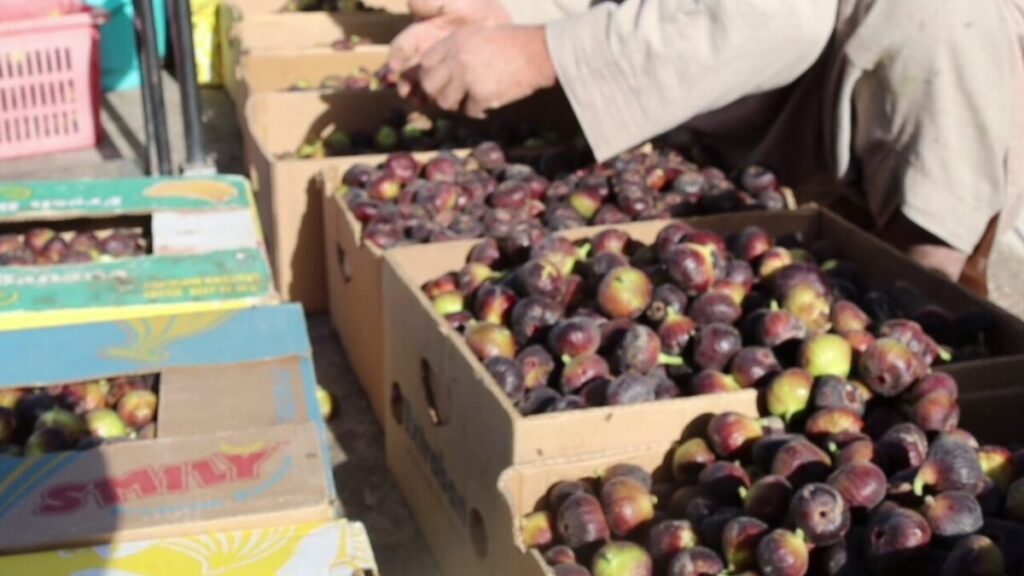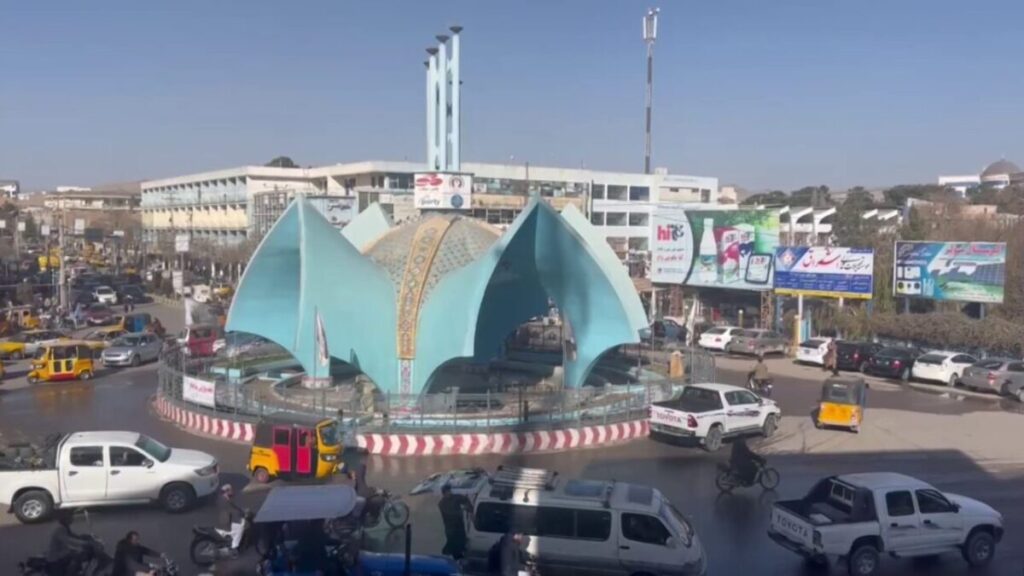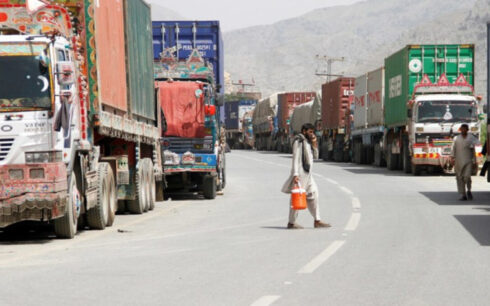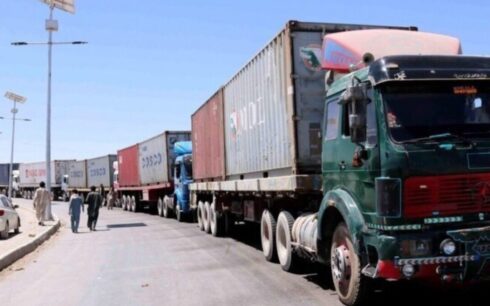HERAT, Afghanistan — Residents in the western province of Herat have voiced frustration over worsening economic conditions, reporting significant declines in daily income. Many are calling on international organizations to address the challenges affecting local businesses and create job opportunities.
Dildar, who runs a bicycle repair shop and supports his 11-member family, described the severe downturn in his business. Advanced in age and physically disabled, he is unable to seek other work. “My business is struggling. I am disabled, and I have 16 family members. I work here with my sons, trying to make ends meet,” he said. “I can’t go to Iran or take on other jobs due to my condition.”

Shopkeepers selling fruits and vegetables in Herat echoed similar concerns. They cited the lack of proper marketplaces as a major obstacle, urging the local Taliban-controlled municipality to designate appropriate areas for their sales. “Farmers face issues like shortages of fertilizer and water, and we don’t have a proper place to sell our produce,” said Abdul Malik, a fruit seller. “Look at these figs—we’re forced to lay them on the ground. If they provide us a dedicated space, it would be much better.”
Complaints from small business owners come as the United Nations reports that nearly 24 million people in Afghanistan are in need of humanitarian assistance. The economic plight is underscored by a recent report from the Multidimensional Poverty Index (MPI), which indicates that 70 percent of children under 18 are living in poverty, a stark contrast to the 57.8 percent rate for adults.

The report, published by the United Nations Development Programme (UNDP) and the Oxford Poverty and Human Development Initiative (OPHI), emphasizes the gravity of the situation in Afghanistan. While children account for half of the world’s poor, the proportion in Afghanistan is even more dire at 58.9 percent.




